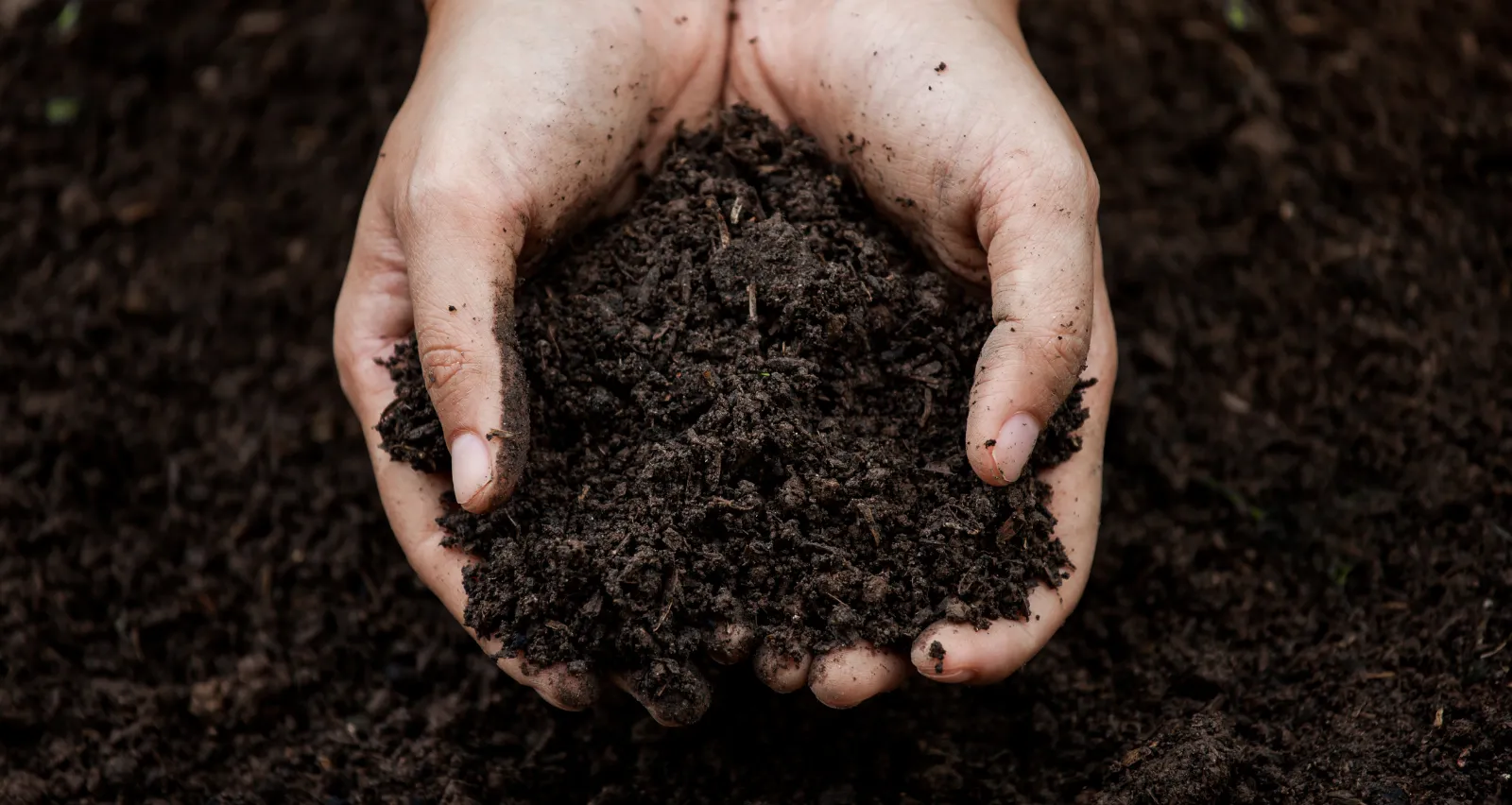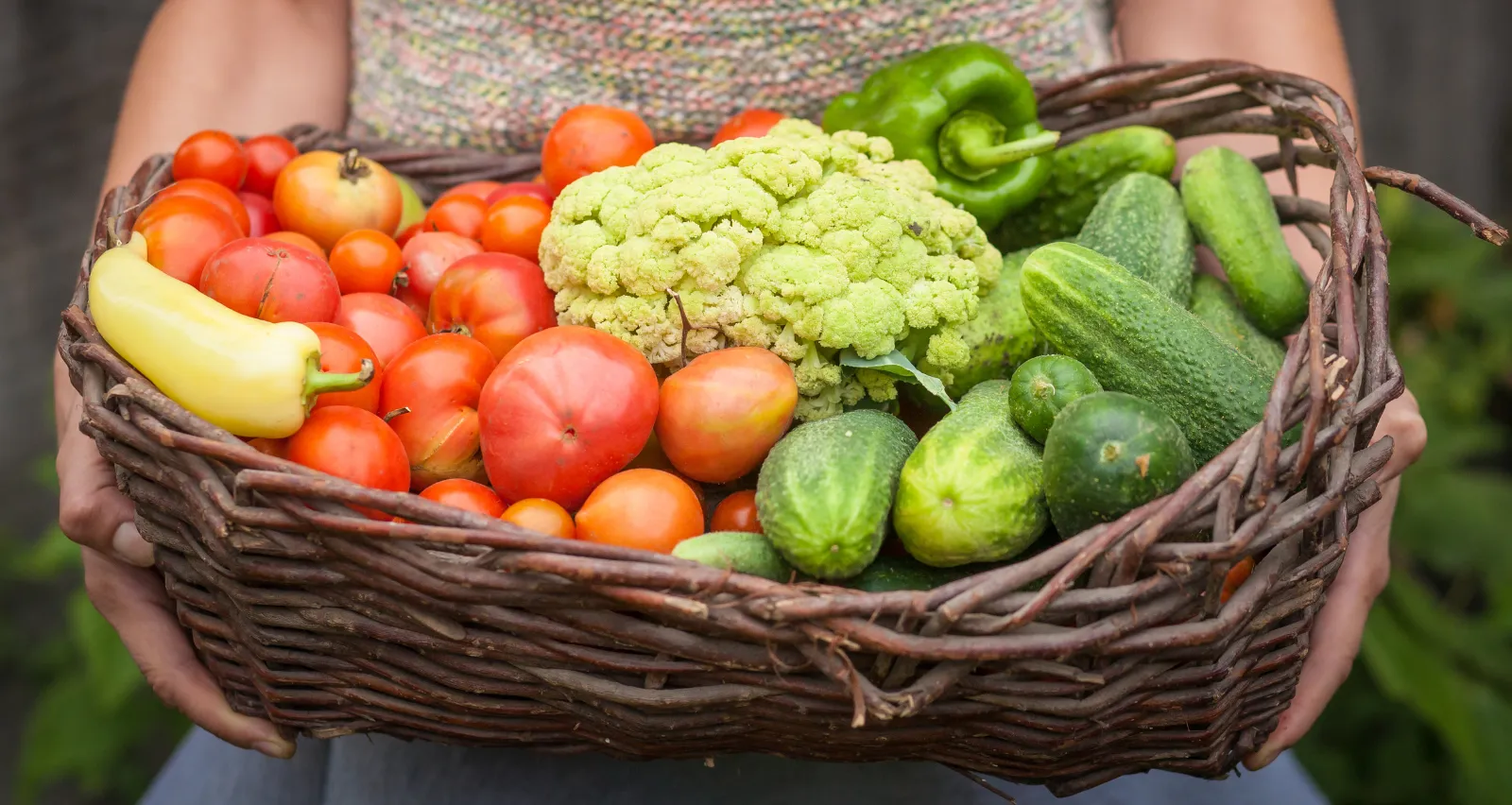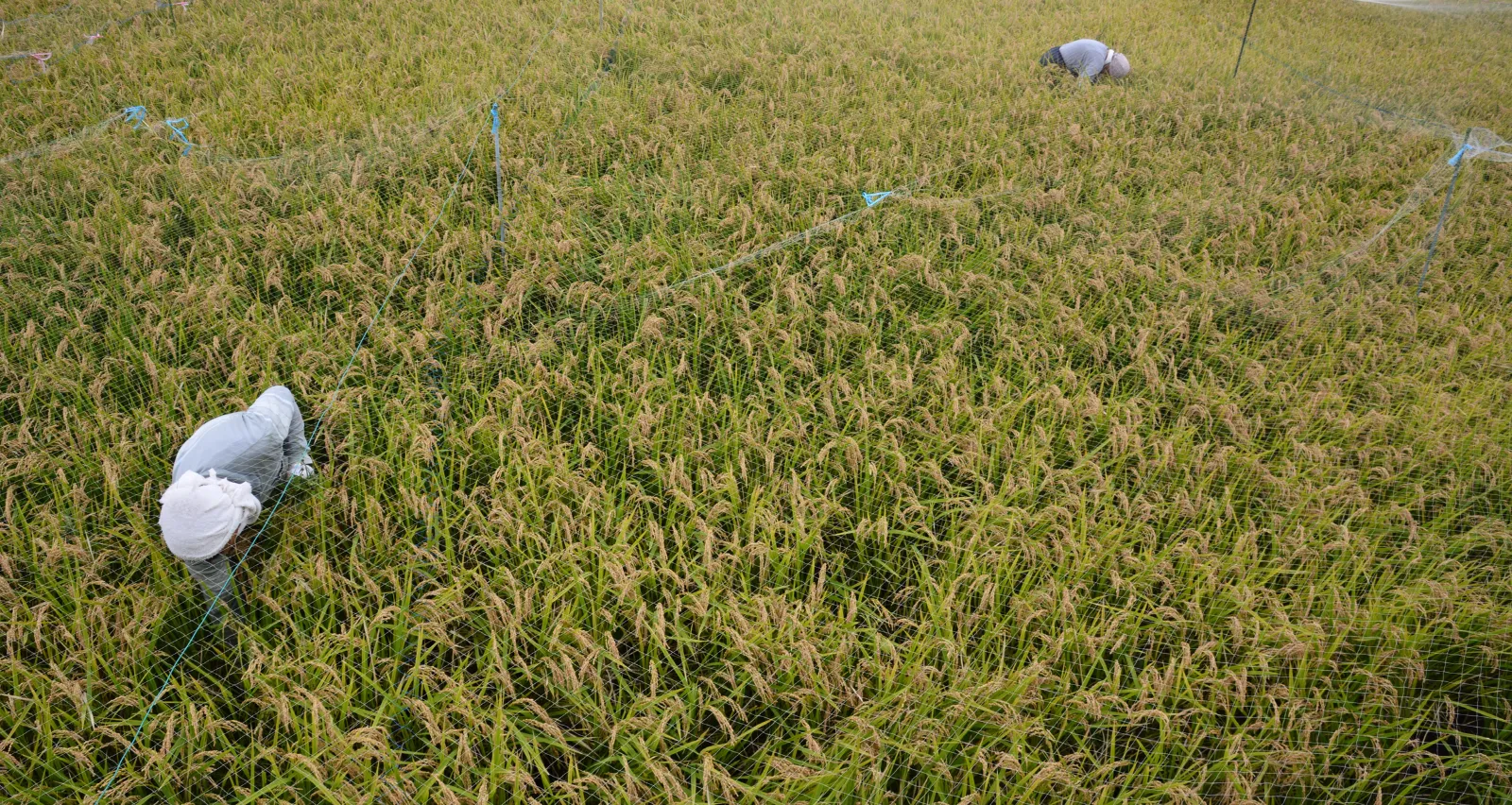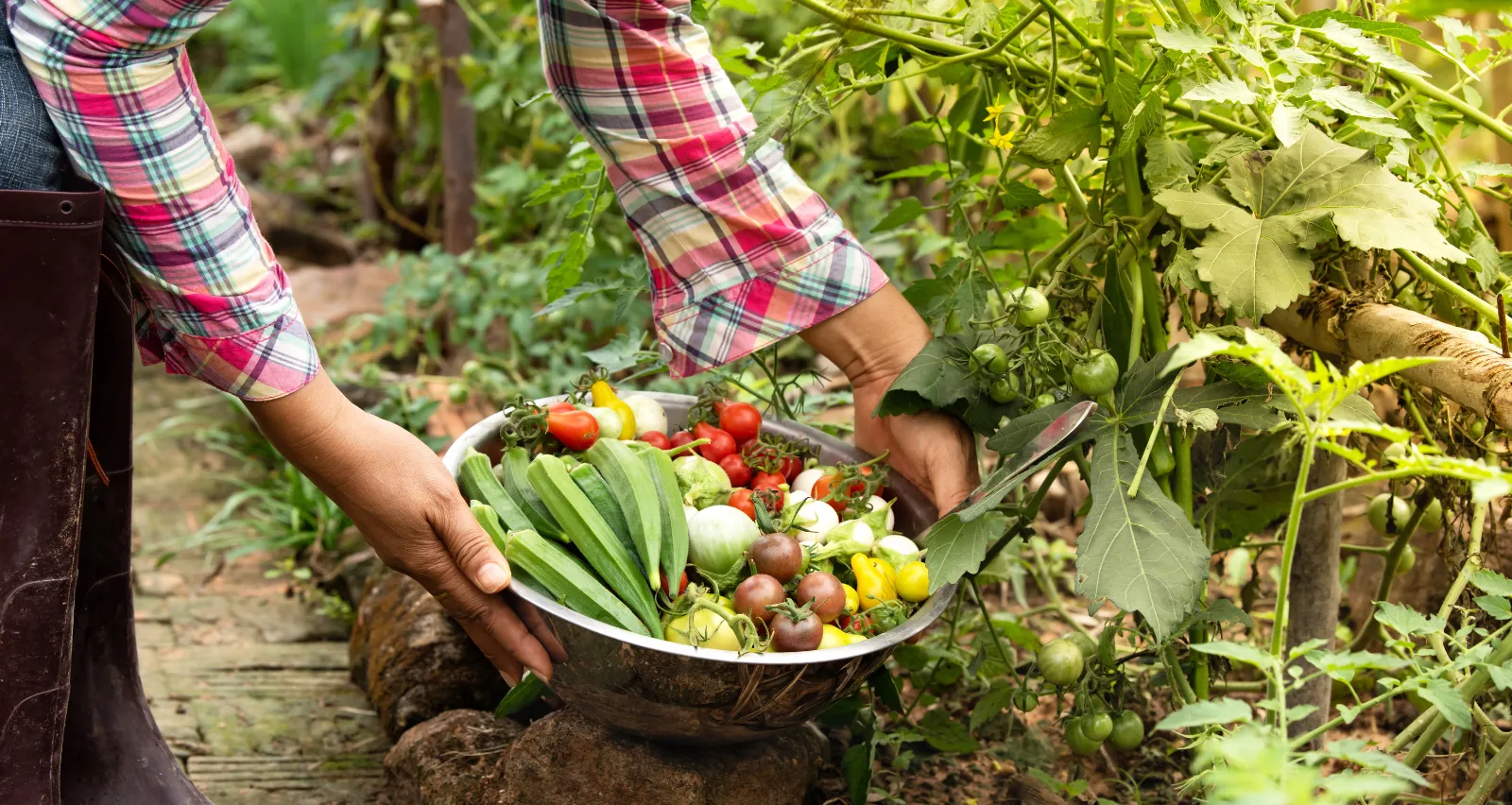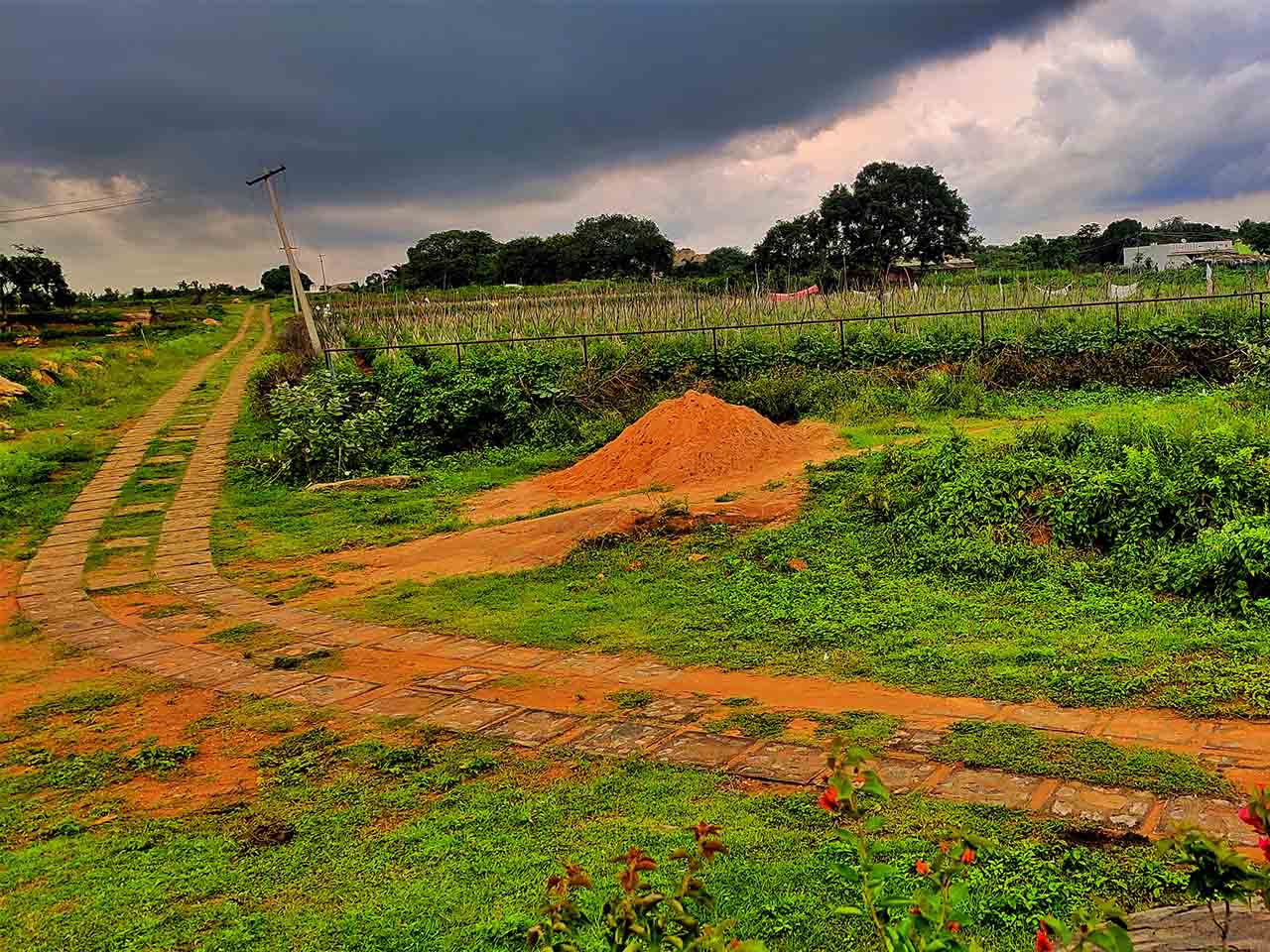
Sustainable Agriculture Practices in India
Agriculture has been the backbone of India’s economy for centuries, playing a pivotal role in the livelihoods of millions. However, traditional farming practices have led to significant environmental challenges, including soil degradation, water scarcity, and biodiversity loss. The overuse of chemical fertilizers and pesticides, coupled with inefficient irrigation methods, has exacerbated resource depletion, making it crucial to rethink our agricultural practices.
Enter sustainable agriculture—a method that emphasizes long-term environmental health, economic profitability, and social equity. Sustainable farming practices aim to produce food, fiber, and other plant and animal products in a way that is environmentally sound, economically viable, and socially responsible. This approach is gaining traction as a solution to the myriad challenges faced by traditional agriculture. By increasing yields, improving soil health, and reducing environmental impact, sustainable agriculture offers a promising path toward a greener future.
Soil Health and Management
Healthy soil is the cornerstone of sustainable agriculture. It supports plant growth, enhances water and nutrient retention, and helps combat climate change by sequestering carbon. In India, several sustainable practices are being adopted to improve soil health:
- Crop Rotation: Rotating crops helps break pest and disease cycles, improves soil structure, and enhances nutrient availability. For example, alternating legumes with cereals can naturally replenish soil nitrogen levels.
- Cover Cropping: Planting cover crops, such as clover or mustard, during off-seasons protects the soil from erosion, improves its organic matter content, and suppresses weeds.
- Composting: The use of organic compost enriches the soil with essential nutrients and beneficial microorganisms, enhancing its fertility and structure.
- Reduced Tillage: Minimizing soil disturbance through reduced tillage practices helps maintain soil structure, prevents erosion, and promotes the activity of beneficial soil organisms.
Water Conservation Techniques
Water scarcity is a significant challenge in Indian agriculture, exacerbated by erratic rainfall patterns and over-extraction of groundwater. Sustainable agriculture addresses this issue through innovative water conservation techniques:
- Drip Irrigation: This method delivers water directly to the plant roots, minimizing evaporation and runoff. It ensures efficient water use and can significantly reduce water consumption compared to traditional flood irrigation.
- Precision Irrigation: Utilizing sensors and data analytics, precision irrigation systems provide plants with the exact amount of water they need, based on soil moisture levels and weather conditions. This technology optimizes water use, enhances crop yields, and reduces waste.
Integrated Pest Management (IPM)
The traditional reliance on chemical pesticides has led to numerous environmental and health problems. Integrated Pest Management (IPM) offers a more sustainable approach:
- Natural Predators: Encouraging the presence of natural predators, such as ladybugs and spiders, helps control pest populations without the need for harmful chemicals.
- Beneficial Insects: Introducing beneficial insects like parasitic wasps can effectively manage pest outbreaks by targeting specific pests while leaving other beneficial organisms unharmed.
- Cultural Practices: Techniques such as crop rotation, intercropping, and maintaining field hygiene reduce pest habitats and limit their spread.
Role of Technology in Sustainable Agriculture
Advancements in technology are revolutionizing sustainable agriculture in India:
- Sensors and Data Analysis: Soil moisture sensors, weather stations, and satellite imagery provide real-time data that farmers can use to make informed decisions about irrigation, fertilization, and pest control.
- Drones and Precision Agriculture: Drones equipped with multispectral cameras monitor crop health, assess water needs, and detect pest infestations early, enabling targeted interventions.
The Road Ahead: Challenges and Opportunities
Despite the clear benefits, Indian farmers face several challenges in adopting sustainable practices:
- Lack of Awareness: Many farmers are unaware of sustainable techniques and their long-term benefits, necessitating extensive education and outreach efforts.
- Initial Investment Costs: The transition to sustainable practices often requires significant upfront investment in equipment, training, and infrastructure, which can be a barrier for small-scale farmers.
Government initiatives and consumer support play a crucial role in overcoming these challenges. Policies that provide financial incentives, subsidies, and technical assistance can encourage farmers to adopt sustainable practices. Additionally, consumers can drive demand for sustainably produced products, creating market incentives for farmers to shift towards greener methods.
Widespread adoption of sustainable agriculture can yield substantial economic and environmental benefits. It can lead to increased farm productivity, improved resilience to climate change, and reduced environmental degradation, ultimately contributing to food security and rural development.
Conclusion
Sustainable agriculture is not just a necessity but a promising pathway towards a resilient and prosperous future for India. By enhancing soil health, conserving water, and reducing reliance on chemical inputs, sustainable farming practices ensure long-term agricultural productivity and environmental health. As we move forward, it is imperative to support and promote sustainable agriculture through education, policy initiatives, and consumer awareness. Together, we can cultivate a greener future and secure the well-being of generations to come.

